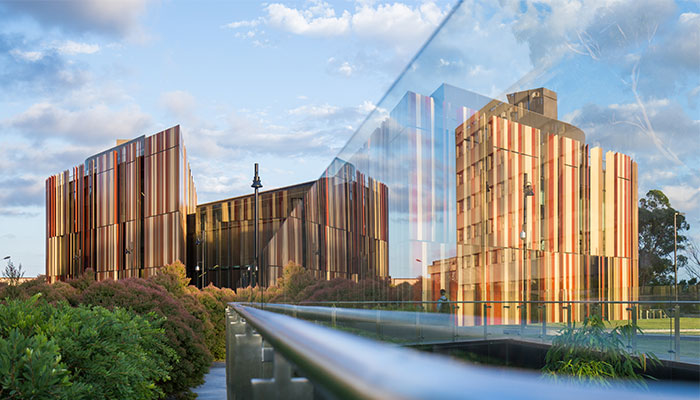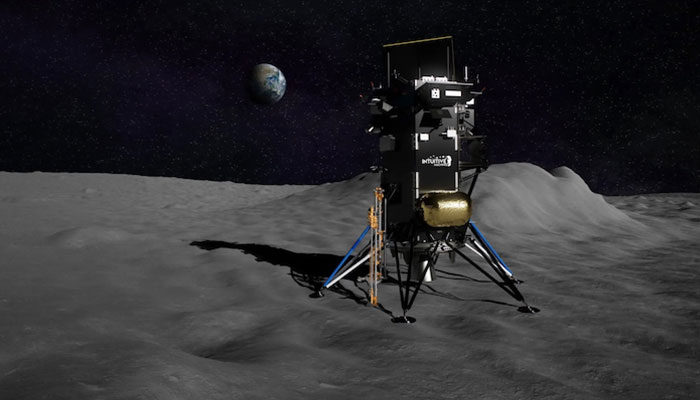A Macquarie research team led by Associate Professor Ian Blair has received a $6.37 million grant for dementia research from the National Health and Medical Research Council (NHMRC), announced today by Minister for Health Sussan Ley.
At Macquarie, the grant will fund research into the biological origins of familial and sporadic frontotemporal dementia (FTD) and motor neuron disease (MND). These diseases overlap and are thought to share common biological origins.
Said A/Prof Ian Blair: "Our project will seek to identify the origins of FTD, which is the second most common form of presenile dementia, and how it is linked pathologically and genetically to MND, a fatal neurodegenerative disease affecting motor neurons.”
The research will be based at Macquarie University and is a collaboration between Macquarie, the University of Wollongong, Neuroscience Research Australia and Macquarie University Hospital.
“Macquarie University plays a pioneering role in MND research, using the expertise of five neurobiology teams together to build a new collaborative research program focusing upon MND and related neurodegenerative diseases, with the ultimate goal of making breakthrough discoveries in understanding the causes of MND and FTD,” said A/Prof Blair.
Ms Ley said the six grants were a significant part of a $200 million Abbott Government election commitment to dementia research and ensured Australia remained at the forefront of international best practice.
“This $35.6 million Abbott Government commitment to dementia research is essential as the number of Australians with dementia is predicted to grow to over one million people in the next 40 years,” Ms Ley said.
“The significant investment will focus Australian research teams on finding innovative new models of care for dementia, treatments and ways of preventing the disease.
“Importantly these Dementia Research Team Grants provide a new opportunity for Australian researchers to collaborate on priorities, rather than compete as individuals.”
“While there is currently no cure for dementia, Australia is a world leader in the disease’s research and progress towards effective treatments,” Ms Ley said.
The government’s $200 million boost to dementia research will contribute to the World Dementia Council’s target of achieving a five-year delay in the onset of dementia by 2025.
At Macquarie, the grant will fund research into the biological origins of familial and sporadic frontotemporal dementia (FTD) and motor neuron disease (MND). These diseases overlap and are thought to share common biological origins.
Said A/Prof Ian Blair: "Our project will seek to identify the origins of FTD, which is the second most common form of presenile dementia, and how it is linked pathologically and genetically to MND, a fatal neurodegenerative disease affecting motor neurons.”
The research will be based at Macquarie University and is a collaboration between Macquarie, the University of Wollongong, Neuroscience Research Australia and Macquarie University Hospital.
“Macquarie University plays a pioneering role in MND research, using the expertise of five neurobiology teams together to build a new collaborative research program focusing upon MND and related neurodegenerative diseases, with the ultimate goal of making breakthrough discoveries in understanding the causes of MND and FTD,” said A/Prof Blair.
Ms Ley said the six grants were a significant part of a $200 million Abbott Government election commitment to dementia research and ensured Australia remained at the forefront of international best practice.
“This $35.6 million Abbott Government commitment to dementia research is essential as the number of Australians with dementia is predicted to grow to over one million people in the next 40 years,” Ms Ley said.
“The significant investment will focus Australian research teams on finding innovative new models of care for dementia, treatments and ways of preventing the disease.
“Importantly these Dementia Research Team Grants provide a new opportunity for Australian researchers to collaborate on priorities, rather than compete as individuals.”
“While there is currently no cure for dementia, Australia is a world leader in the disease’s research and progress towards effective treatments,” Ms Ley said.
The government’s $200 million boost to dementia research will contribute to the World Dementia Council’s target of achieving a five-year delay in the onset of dementia by 2025.



